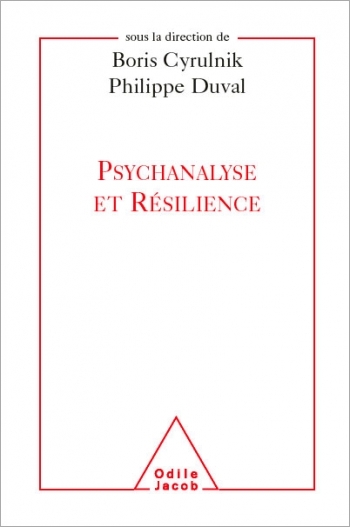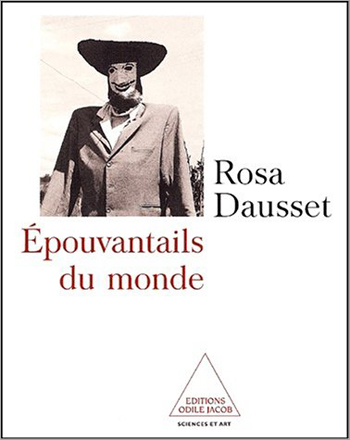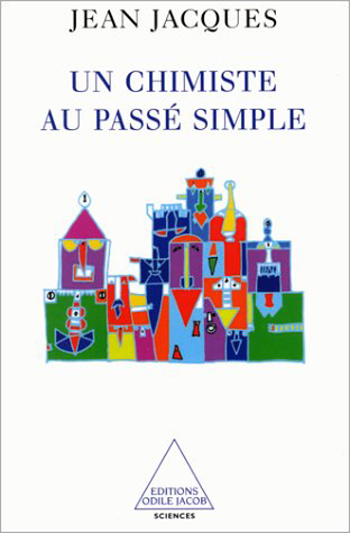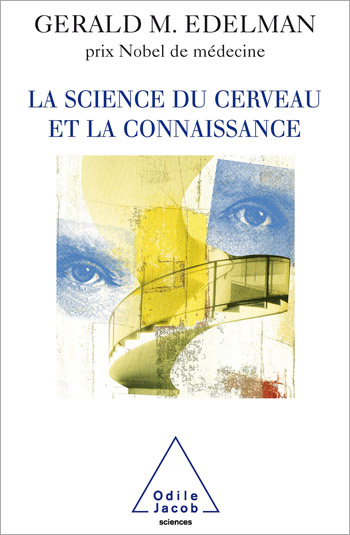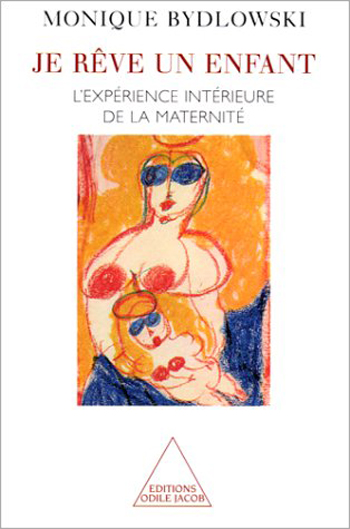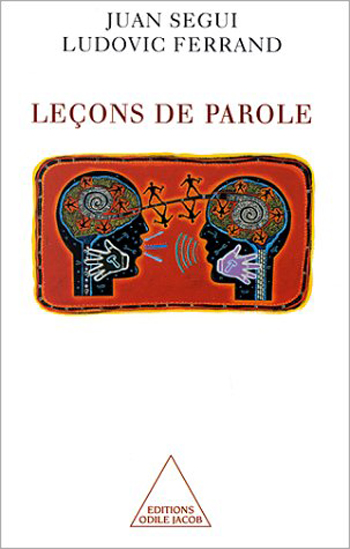Catalog All books

Thierry Vincent
Anorexia
Why are more and more young girls and women becoming anorexic ? Today it is a real social problem. The trend of diets, and the multiplication of magazines about losing weight are no longer enough to explain this phenomenon. Thierry Vincent poses fundamental questions in this book in order to understand how anorexica works. Perhaps the search for new ways of treating anorexia should depart from an examination of these questions. Thierry Vincent, a psychiatrist and psychoanalyst, is the medical director of the university health centre Georges Dumas, in La Tronche, near Grenoble, where high school and university students suffering from eating disorders are treated.
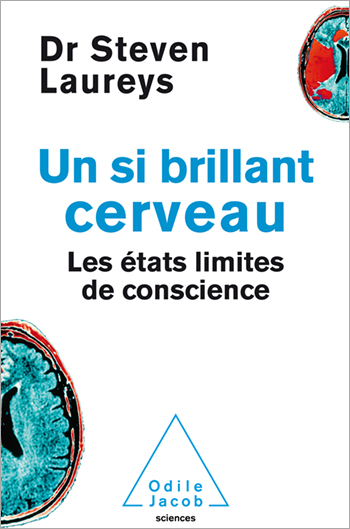
Steven Laureys
Such a Brilliant Brain The Boundaries of Consciousness
An engrossing book on states of consciousness and the workings of the brain, by one of the world’s top specialists

Henri Danon-Boileau
War Diaries of an Obstinate Man
An exemplary life: the itinerary of an exceptional man, from medical school to the Free French Forces
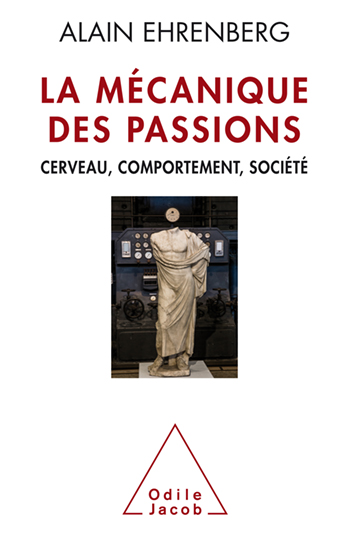
Alain Ehrenberg
The Mechanics of Passions: The New Contemporary Individualism
The book’s very stimulating thesis: the twenty-first century will be the century of the brain and the neurosciences, which are already playing the role that psychoanalysis played in the twentieth century.

Jean-Pierre Kahane
The Teaching of Mathematical Sciences
What should be the goals and the contents of the mathematics syllabus from primary school to university? What changes should be undertaken to accompany and prepare for future developments in science and technology? And how should the initial training, competitive recruitment and further education of maths teachers evolve and develop? This book is the fruit of several months work by a committee, presided by the mathematician Jean-Pierre Kahane, on the future of the teaching of mathematics.
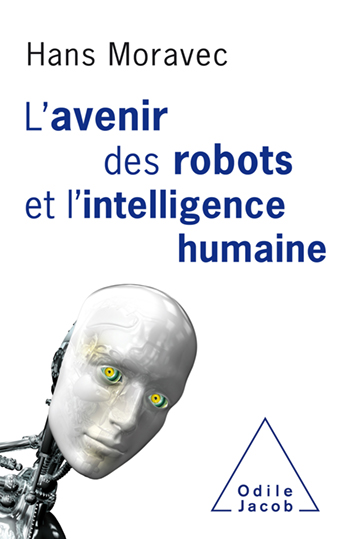
Hans Moravec
The future of robots and human intelligence
This visionary book describes the new world that is coming into being. A world of intelligent and autonomous robots...
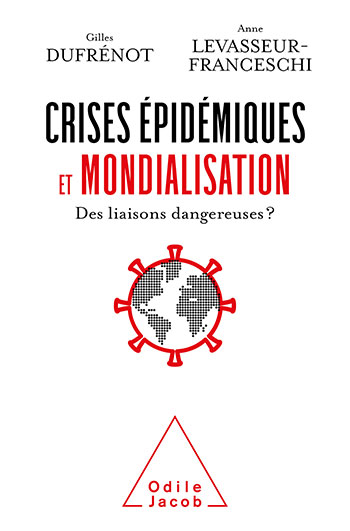
Gilles Dufrénot, Anne Levasseur-Franceschi
Pandemics and Globalization Dangerous Liaisons?
A global approach to the interactions between economic and health phenomena favoring the notion of the public good over a conquest of markets
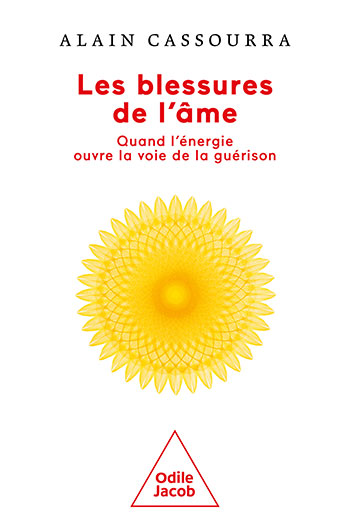
Alain Cassourra
The Wounds of the Soul When energy opens the way to healing
A contribution to the reflection on the art of osteopathic care.
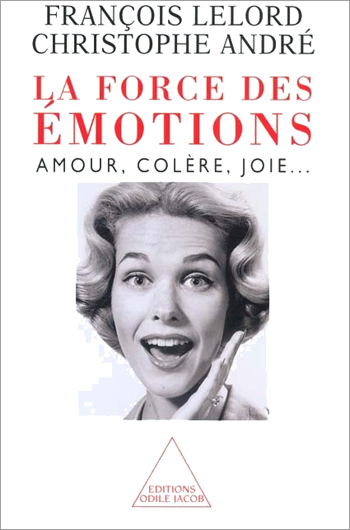
François Lelord, Christophe André
The Power of Emotions Love, Anger, Joy
Should we express our emotions? How can we use them? How can we improve our understanding of the emotions of others? How does the transition from emotion to passion occur? This book is not only a guide to help readers find their way in the myriad of recent findings about the emotions, it is also a practical handbook. For each one of the major emotions, the authors have listed the practical advice that they give to their patients and that they try to apply in their own lives. Christophe André and François Lelord are psychiatrists.
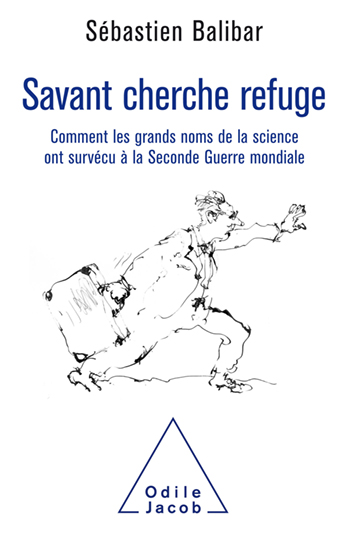
Sébastien Balibar
A Tormented Scientist
A key, virtually unknown, moment in the history of science.When science emigrates under pressure from totalitarianism.
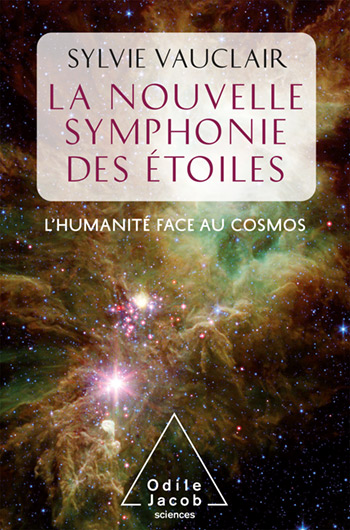
Sylvie Vauclair
The New Symphony of the Stars
A very accessible book written by an astrophysicist who deals with the questions and concerns of modern humans.
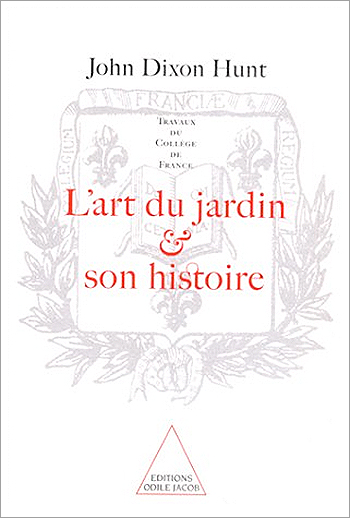
John Dixon Hunt
The Art of the Garden and its History (Product of the Collège de France)
What can a garden reveal about ourselves and our culture ?
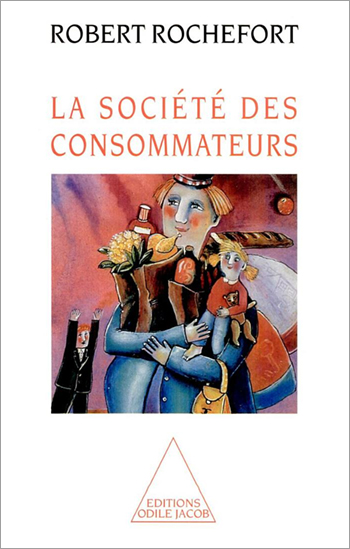
Robert Rochefort
A Consumer Society
This book demonstrates how with households equipped and individuals saturated, consumption must respond to other, more immaterial needs. The new markets are those which can reassure people : healthcare, ecology, land, family and even solidarity.
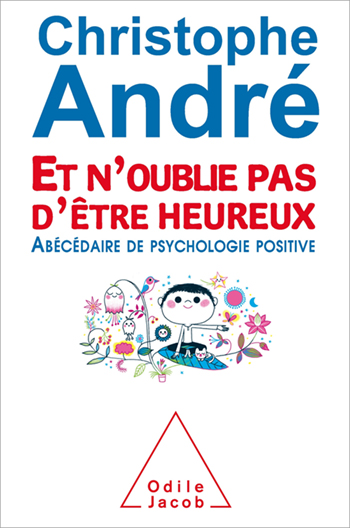
Christophe André
Don’t forget to be happy! The ABC of Positive Psychology
The keys to harmony with oneself
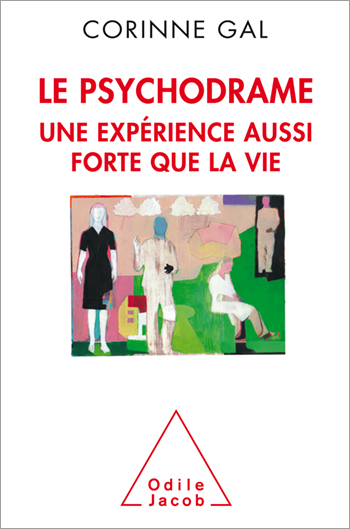
Corinne Gal
Psychodrama: As Powerful an Experience as Life Itself
Psychodrama: an effective therapeutic method that is frequently used by psychiatrists and psychotherapists
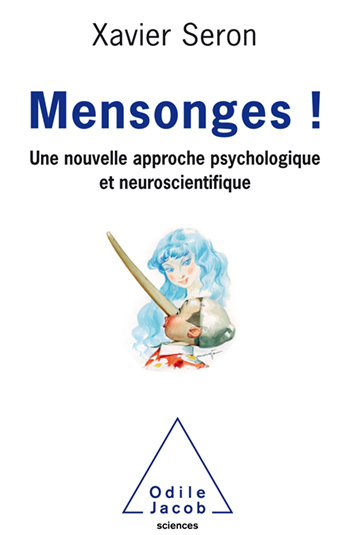
Xavier Seron
The Lie
Based on the latest advances in research, notably in Anglophone countries. An approach that leans heavily on the neurosciences and looks at the cerebral foundation of lying.
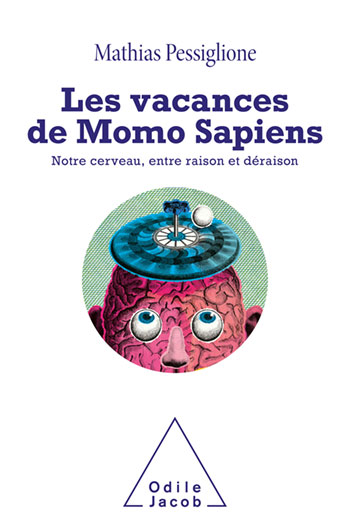
Mathias Pessiglione
The Brain Has Its Reasons Which Reason Doesn’t Know
Momo Sapiens, or the brain caught in flagrante delicto of irrationality
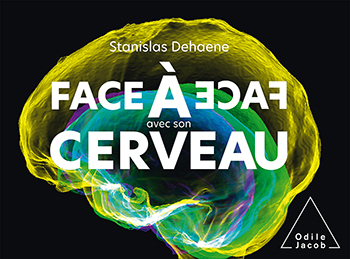
Stanislas Dehaene
Conquering the Brain
This book brings together exceptionally beautiful images (close to 100 [voir ci-dessus]), all full color, and the most current knowledge of the brain from research throughout the world.
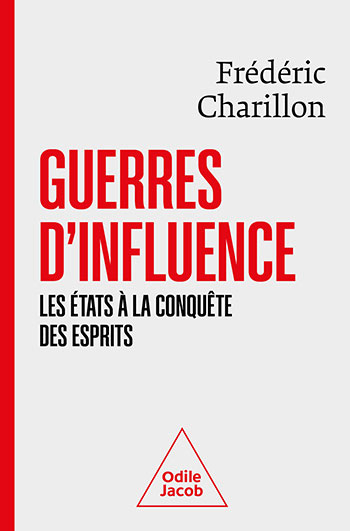
Frédéric Charillon
A World of Influences Soft Power
An ambitious and convincing work that aims to present the new face of international relations.

John Lukacs
Five Days in London: May 1940
The days from 24 to 28 May 1940 significantly altered the course of the history of the past century. When German troops reached the Atlantic coast, the British counterattack resulted in the disaster of Dunkirk. Europe was on its knees. Britain seemed powerless. For several critical days, at 10 Downing Street, the British cabinet debated whether to negotiate or to continue the war against Hitler. And if the war was to be continued, how would it be fought? What hope was left? Lukacs takes us into the crucial unfolding of these five days that changed history. The events described here provide a lesson in courage as much as in politics. John Lukacs is a former professor of history at Chestnut College in Philadelphia.
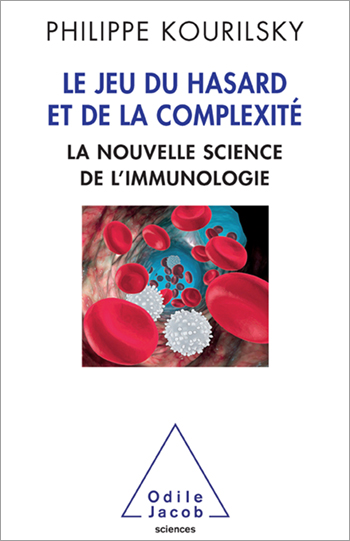
Philippe Kourilsky
A Game of Chance and Complexity
A fascinating history of the struggle for survival, which is central to our lives

Jean-Charles Jauffret
The Algerian War French Combatants and Collective Memory, an Enquiry
Who were the French soldiers who fought in the Algerian War of Independence (1954-62)?
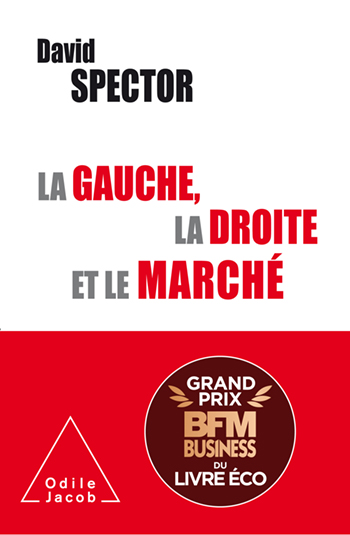
David Spector
History of the Market Concept in France
An original point of view which runs counter to received ideas: the concept of the market is in a blind spot of leftist thinking, or even that of the French intellectual tradition. This book should be part of the debate as it provides historical insight on a crucial point of current disunity within the left and on its future.
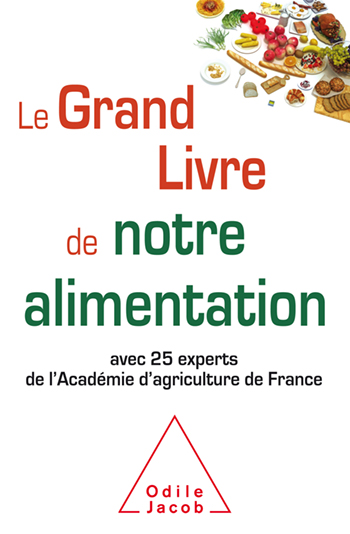
Académie d'agriculture de France
The Big Book of Trust in Food Everything you want to know about our food
All the questions asked about food, in 100 little chapters written by thirty experts. As the book is still being defined, we do not yet know who will undertake its promotion, nor how…
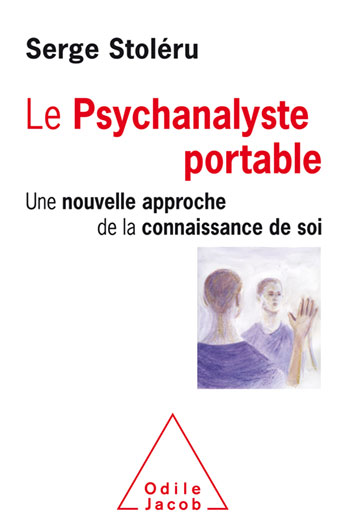
Serge Stoléru
The Portable Psychoanalyst A New Approach for Self-Knowledge
A both philosophical and psychoanalytical justification of a desire for self-knowledge. A concrete and lively text due to the presentation of real cases.
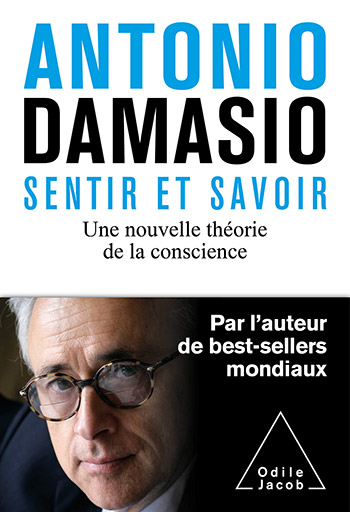
Antonio R. Damasio
Feeling & Knowing Making Minds Conscious
This book brings together the most recent discoveries in the cognitive sciences, neurobiology, psychology, and other fields, while adding the philosophical dimension dear to Antonio Damasio.

